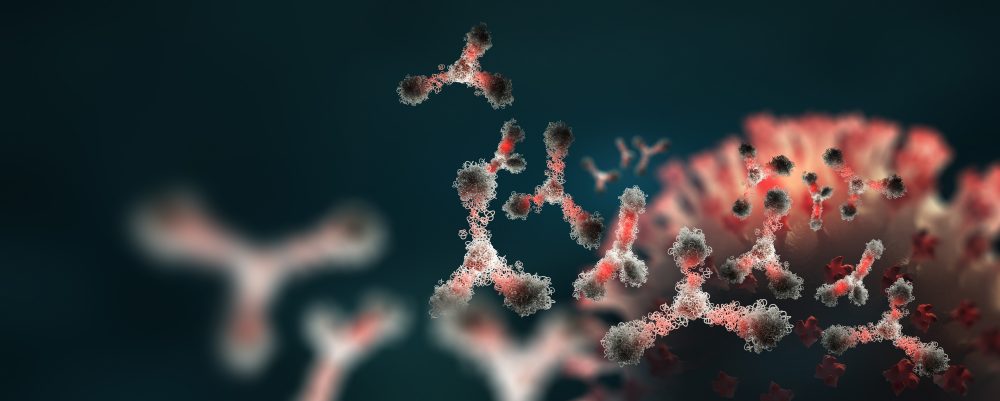
Design in a Naturalistic Culture
On this episode of ID the Future, philosopher of science Paul Nelson speaks with host Andrew McDiarmid about pursuing intelligent design theory in a naturalistic culture. Nelson springboards from his appreciation for his University of Pittsburgh mentor Adolf Grünbaum, with whom he shared the kind of friendship that can come from caring deeply about the same things, even if taking different positions on them. He speaks of what it means to hold a minority position, and some of the potential pitfalls that come with holding a majority position — and the danger we can all face of seeking polemical advantage rather than truth.








